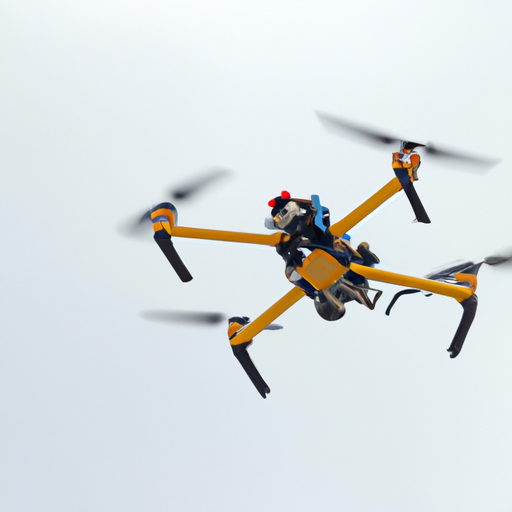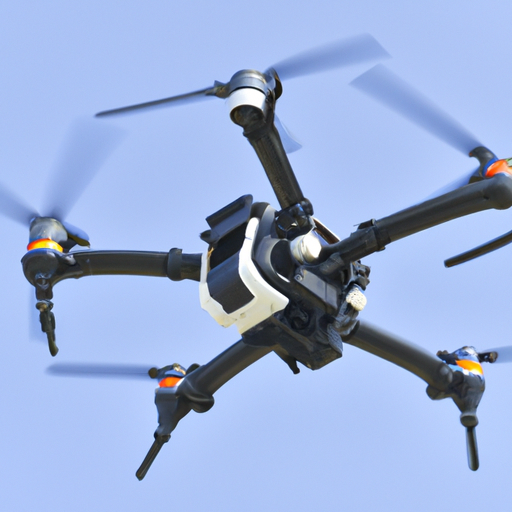In recent years, remotely-operated drones have emerged as game-changers across various sectors, from agriculture to delivery services. As drone technology evolves, these UAVs (Unmanned Aerial Vehicles) are becoming more sophisticated, providing efficient solutions to age-old problems.
Transforming Agriculture
Farmers are increasingly adopting drone technology to enhance crop management. Agriculture drones equipped with sensors and cameras provide invaluable data on soil health and crop performance. This real-time information allows farmers to make informed decisions, ultimately leading to higher yields and reduced costs.
Streamlining Delivery Services
Delivery drones are on the brink of revolutionizing the logistics industry. With major companies investing in drone delivery programs, parcels can be delivered faster and more efficiently than traditional methods. This innovation not only enhances customer satisfaction but also reduces carbon footprints.
Enhancing Surveillance and Safety
Remotely-operated drones have also made significant strides in the field of surveillance and safety. From security applications in urban areas to monitoring wildfires in remote locations, drones are proving to be invaluable assets in ensuring safety and efficiency.
Challenges and Regulations
While the potential of remotely-operated drones is immense, challenges such as regulatory restrictions, privacy concerns, and technological limitations remain. Governments worldwide are working to establish frameworks that ensure safety while encouraging innovation.
The Road Ahead
The future of remotely-operated drones looks promising. As advancements in drone technology continue, we can expect to see even more applications across various sectors. For businesses and consumers alike, embracing this technology may unlock unprecedented opportunities.
Conclusion
As we step into a new era of UAV innovation, it’s essential for industries to stay abreast of these developments. The integration of remotely-operated drones into everyday operations is not just a trend; it’s a transformation that could redefine efficiency and productivity in countless fields.
Stay tuned as we navigate the exciting developments in drone technology!





